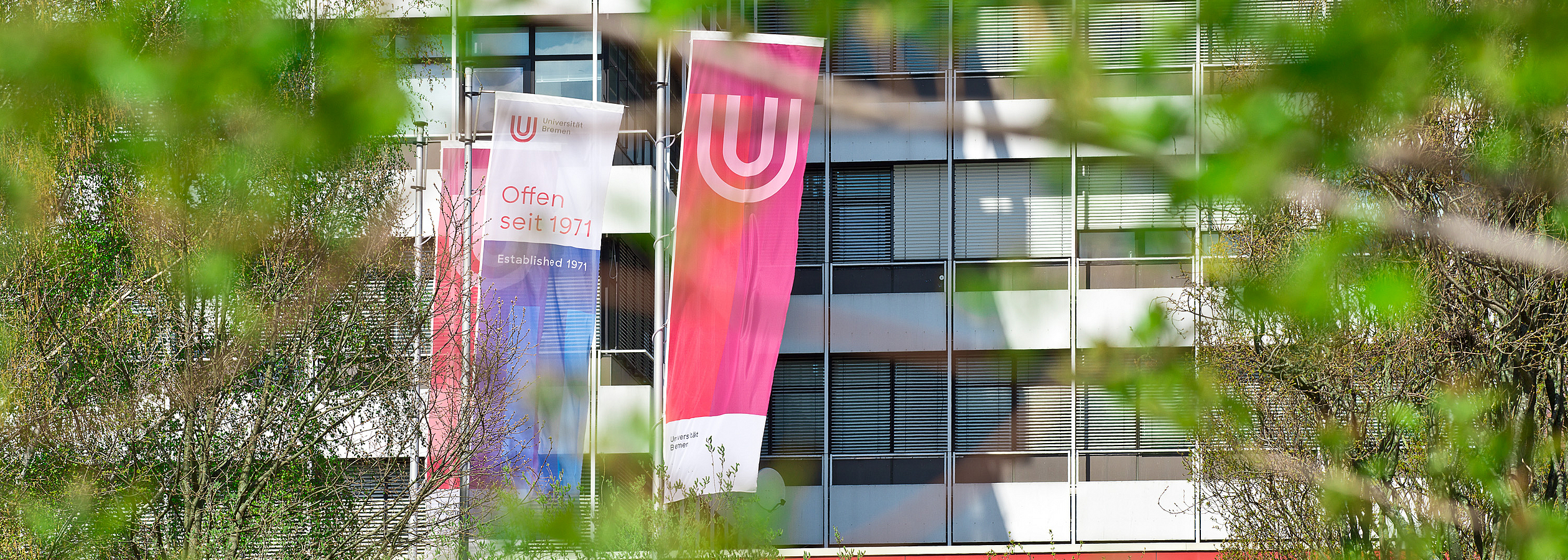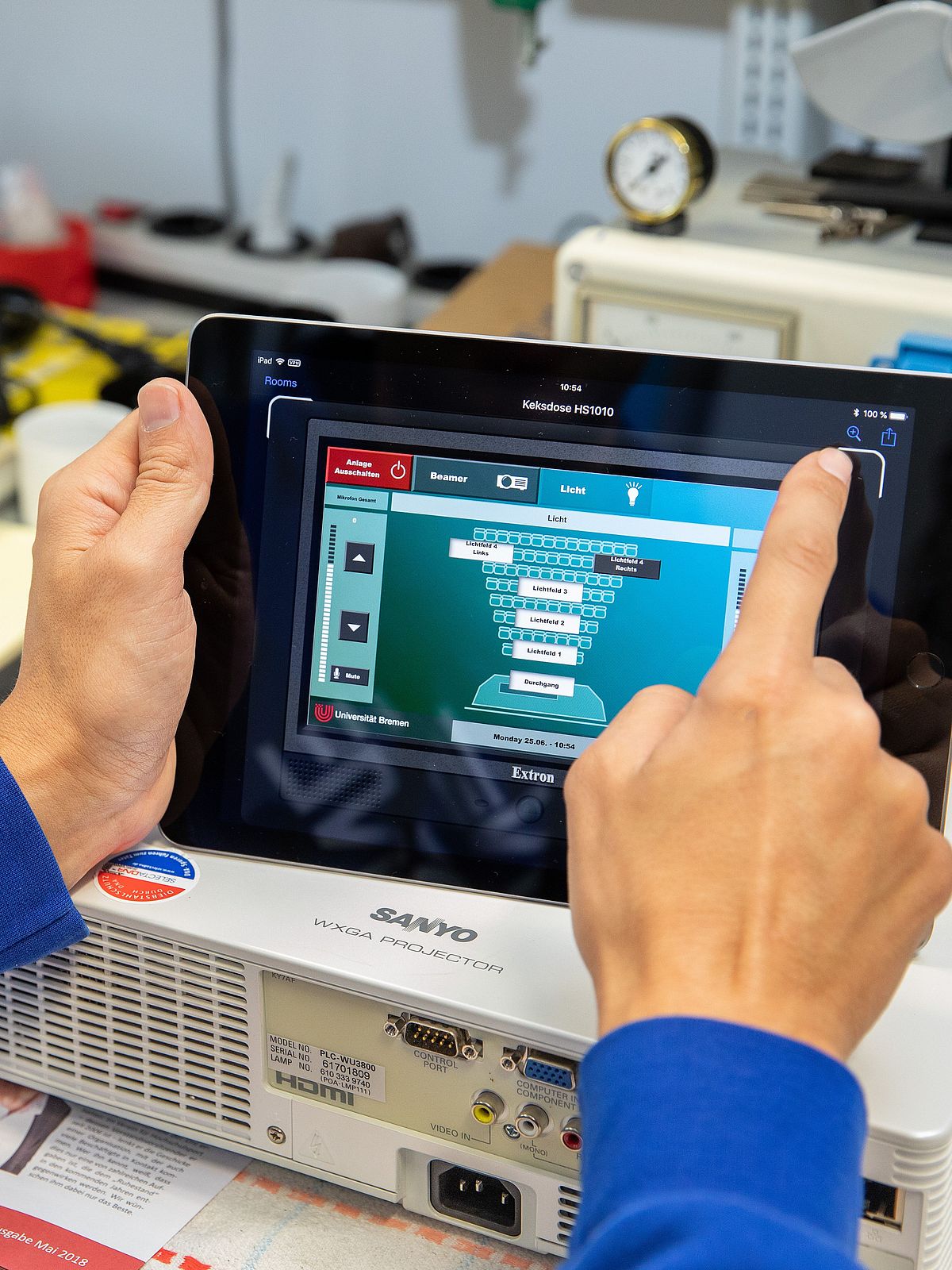"How much purpose does work need?" This is the title of the current issue of PERSONALquarterly, for which Dr. Julian Decius, together with Prof. Dr. Heiko Weckmüller (Koblenz University of Applied Sciences) and Dr. Michael Knappstein (ISM Dortmund), authored an empirical article on how communicating a corporate purpose affects employer attractiveness. Corporate purpose refers to a company's raison d'être beyond the need to make a profit, for example social benefit or environmental orientation.
In an experimental vignette study, young professionals were asked to put themselves in the shoes of job applicants and were randomly assigned various career pages of a company. The career pages differed in whether the applicants were provided with various purpose dimensions or classic attributes of employer attractiveness (including a pleasant working atmosphere, a permanent contract or an attractive salary – collectively referred to as "standard communication").
The results show that corporate purpose – contrary to expectations – does not predict better employer attractiveness, but only similar to "standard communication". This is true for the purpose dimensions of societal benefit, environmental orientation and diversity. The emphasis on the company's customer orientation and on opportunities for personal development in the company ranked even lower than "standard communication." At this point, further research is needed on the background and generalizability of the results. On a positive note, however, it can be said that young professionals evidently pay attention not only to permanent contracts and salaries when choosing an employer, but at least as much to "soft" and societally meaningful factors.








